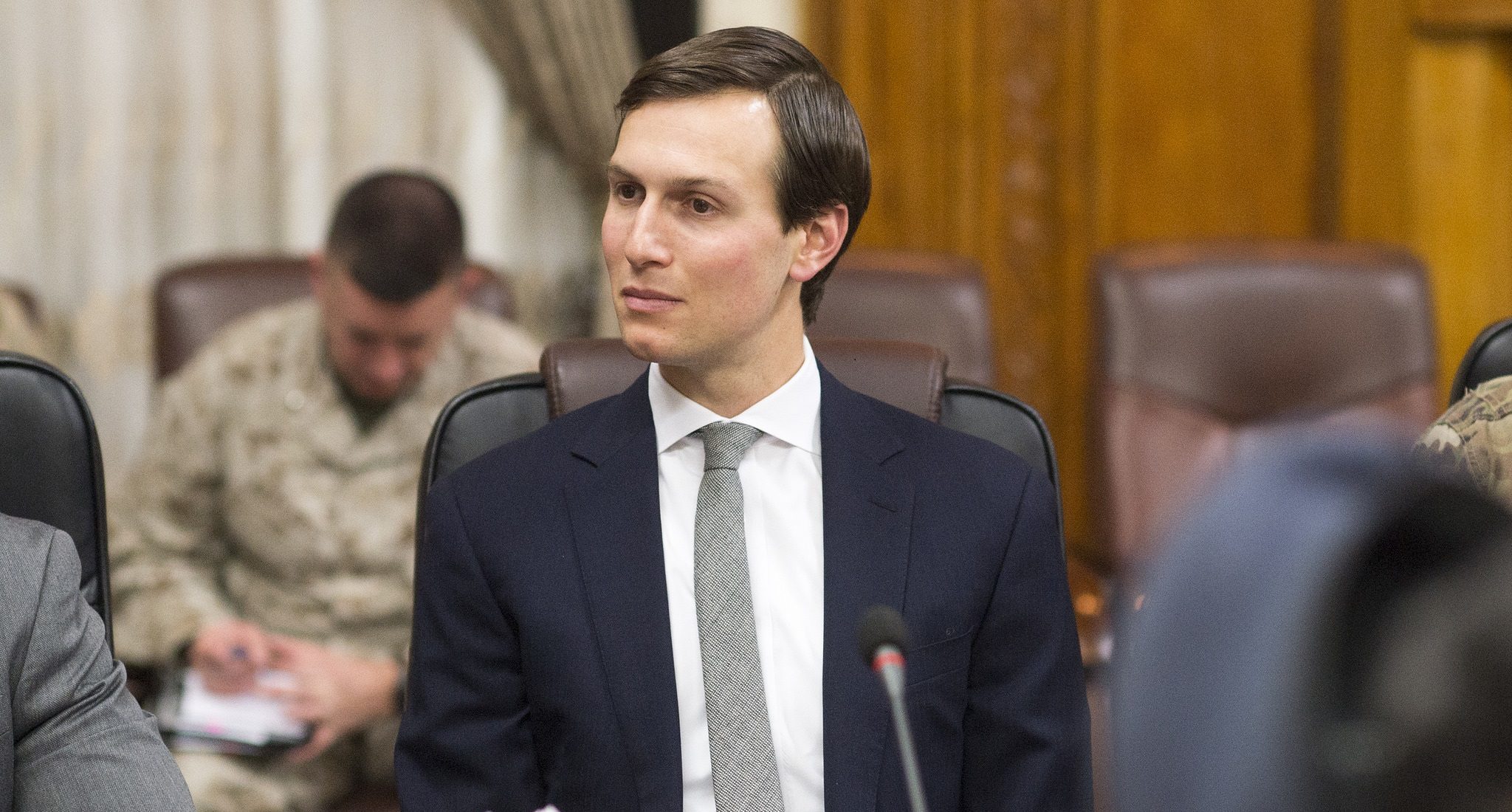On Tuesday evening, the special counsel released the memo documenting the evidence a federal judge will consider when sentencing Michael Flynn. The document went into a fair amount of detail on the crimes to which Flynn pleaded guilty—in particular, lying to the FBI about his discussions with the Russian ambassador—but everything else related to the probe was redacted. When it comes to the case the Mueller team is building related to Trump’s obstruction of justice and the alleged conspiracy with Russia to influence the 2016 election, Jonathan Chait captured it best.
Mueller pokes his head up, says 6 more weeks of winter, goes back down hole
— Jonathan Chait (@jonathanchait) December 5, 2018
If the sentencing memo for Paul Manafort, which is due to be released this Friday, is similarly redacted, all of the speculation about Mueller’s end game will be called into question. As Chait indicated, the forecast will call for a longer winter. Even so, it’s important to keep this in mind:
One byproduct of this filing, intentional or not, is the information is now in the custody of a judge, not just housed in the executive branch. Even if Mueller is fired, it doesn’t disappear — can all be unsealed and made public.
— Matthew Miller (@matthewamiller) December 5, 2018
Despite the redactions, there are some things we learned from the sentencing memo. First and foremost, prosecutors state that Flynn has given “substantial assistance” in “several ongoing investigations.” Noting his cooperation with prosecutors, the document recommends “a sentence at the low end of the guideline range [0-6 months] —including a sentence that does not impose a term of incarceration.” The implications of this should be lost on no one: the former national security advisor has so fully cooperated with the special counsel in a criminal investigation of the president that prosecutors would be satisfied with no jail time.
The most heavily redacted portions of the memo relate to Flynn’s assistance with “several ongoing investigations.” One section concerns a federal criminal investigation that is obviously outside the purview of the special counsel’s charge. As I mentioned earlier, the document details Flynn’s phone conversations with the Russian ambassador about the retaliatory sanctions imposed on the country for its attempts to interfere in the 2016 US election.
But there is another portion of the memo covering “interactions between the transition team and Russia” that is completely redacted, leaving some bread crumbs for speculation. Keeping in mind that the memo specifically references the transition, it is helpful to remember what we know about Flynn’s activities during that time period. Reuters reported this in May 2017:
Michael Flynn and other advisers to Donald Trump’s campaign were in contact with Russian officials and others with Kremlin ties in at least 18 calls and emails during the last seven months of the 2016 presidential race, current and former U.S. officials familiar with the exchanges told Reuters…
Six of the previously undisclosed contacts described to Reuters were phone calls between Sergei Kislyak, Russia’s ambassador to the United States, and Trump advisers, including Flynn, Trump’s first national security adviser, three current and former officials said.
Conversations between Flynn and Kislyak accelerated after the Nov. 8 vote as the two discussed establishing a back channel for communication between Trump and Russian President Vladimir Putin that could bypass the U.S. national security bureaucracy, which both sides considered hostile to improved relations, four current U.S. officials said.
A couple of weeks later, the Washington Post reported this:
Jared Kushner and Russia’s ambassador to Washington discussed the possibility of setting up a secret and secure communications channel between Trump’s transition team and the Kremlin, using Russian diplomatic facilities in an apparent move to shield their pre-inauguration discussions from monitoring, according to U.S. officials briefed on intelligence reports.
Ambassador Sergey Kislyak reported to his superiors in Moscow that Kushner, son-in-law and confidant to then-President-elect Trump, made the proposal during a meeting on Dec. 1 or 2 at Trump Tower, according to intercepts of Russian communications that were reviewed by U.S. officials. Kislyak said Kushner suggested using Russian diplomatic facilities in the United States for the communications.
The meeting also was attended by Michael Flynn, Trump’s first national security adviser.
We also know that in January 2017 – prior to Trump’s inauguration – Erik Prince (who worked closely with Michael Flynn during the transition) was dispatched to Seychelles for a clandestine meeting with Kirill Dmitriev to discuss a back channel line of communication between Russia and the Trump administration. That meeting was arranged and attended by George Nader, a Lebanese-American businessman who advises Crown Prince Zayed of the United Arab Emirates, and who is also cooperating with the Mueller investigation.
Given that one of Flynn’s main tasks during the transition period was to set up back channel communications between Trump and his Russian handlers that would bypass US intelligence services, it is very likely that the redacted portions of the sentencing memo are related to that endeavor. If so, Jared Kushner has reason to be very concerned.




